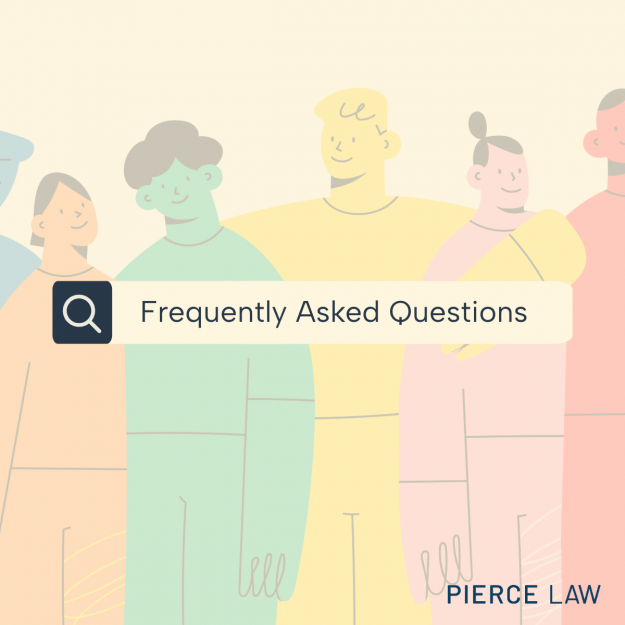Can co-heirs in Wake County, NC, informally reimburse each other for estate expenses without filing a formal petition?
FAQ 1: Can co-heirs informally reimburse each other for estate expenses instead of filing a formal petition in Wake County, NC? Answer Under North Carolina law, co-heirs may agree to handle reimbursement of estate expenses informally rather than petitioning the clerk for an “order off the top.” In practice, one heir who has advanced funds…


